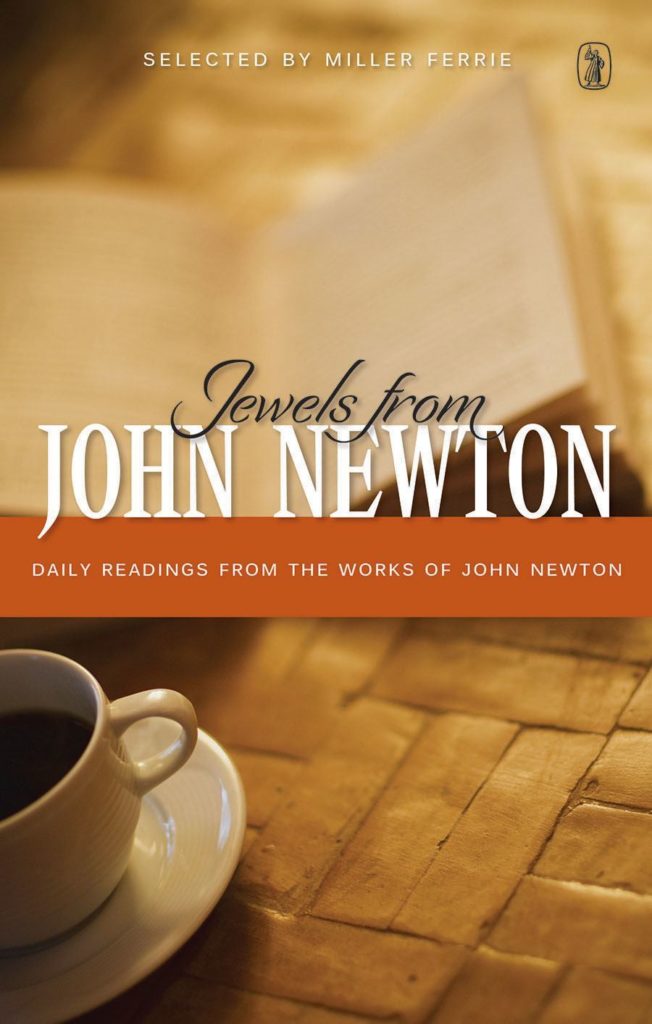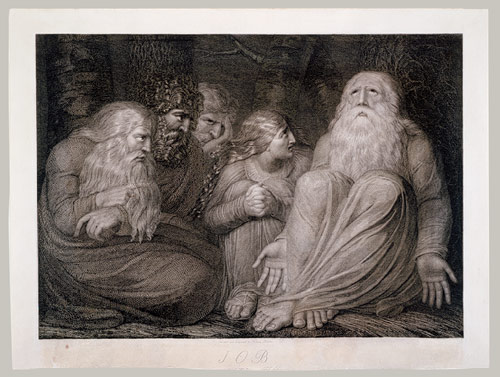
I recently watched the movie “The Beasts of No Nation” on Netflix. The movie was recommended on several critic top movie lists and so I was lured in. The film is about child soldiers in Africa. It is extremely violent, very graphic, and vulgar language seeps throughout the script like water from a clogged toilet. It is absolutely not for children, and in general I cannot recommend it. I had to turn my eyes away several times. For instance there is a scene in which a child is pressured to kill an unarmed prisoner with a machete while he begs for mercy. It frustrates me when directors make movies this way. There seems to be a loss of subtlety and no concern for the imagination of the audience.
Why would the film’s creators make the movie this way? Why would they produce a film with so much gore and graphic bloodshed? I do have a little sympathy in this case because I think they were trying to reveal something of the depravity of a situation that has been hidden out of site. They were trying to open the door for the rest of the world to see what is actually happening. Simply put, armies in Africa are recruiting orphans to become members of death squads.
I spend a lot of time in my life thinking about morality and ethics. Movies like this can be a challenge for Christians because it brings up the problem of evil. How could a good God allow such things? And in my opinion this is an important question that has compelling answers. My intent is not to provide answers here, but to suggest that the people that use such questions to dismiss Christianity need to provide an explanation as well. In my experience people of faith are the only ones that blush when faced with such questions. But they shouldn’t be.
The atheist that uses the problem of evil to undermine Christianity (or any other religion) is also in a difficult spot. In order to shoot at theists like this he has to walk out on the quicksand. I say this because they have to assume that evil actually exists in order to use it as an argument against God. Then after they “win” the argument and the embarrassed Christian goes home, the honest atheist must face the world he has tried to articulate. It is a world in which there is no consistent reason to believe in the existence of good or evil as anything other than a cultural construct. That means that good an evil don’t really exist in the world. They are a matter of human perception much like our hatred of brussel sprouts.
I don’t mean to suggest that atheists don’t really believe in good and evil. They do. In fact they get angry if you suggest that there is any problem with their morality. Further, they behave in ways that are often moral and virtuous, and I applaud this. I don’t mean to imply that every atheist is a monster. My point here is more subtle. At the risk of over simplifying things (I realize there is a broad spectrum of beliefs out there), the atheist narrative provides no compelling reason to believe in the existence of evil. It says there is nothing but matter in the universe. We are nothing more than complex systems of electrons colliding according to the laws of physics. From the standpoint of physics, the murder of children is no different from the killing of a rhino or a rose bush. Just matter in motion. A world without an absolute, immaterial standard of ethics provides a weak protest against the kind of evil in the “Beasts of No Nation.”
I remember my first day of college chemistry class. My professor stood up and pointed to the periodic table of elements on the wall. He said, “Everything that exists is on that table. Can anyone name anything that exists that is not on that table?” The class was silent (except for me). But if he is right, then our actions are just a bunch of chemical reactions from the periodic table. Our thoughts are just the chemical depolarization of neurons in the brain. This is true for all thoughts. Bloodthirsty ones as much as altruistic ones. Evil and good are the same thing: matter in motion. Nothing more than that. And when we logically analyze the common atheist protests against injustice (things like wealth inequality, rape culture, or the recruitment of children into death squads) the logic sounds a lot like, “I don’t like it,” or “we don’t like it.” Or maybe, “the brain isn’t wired to work that way.” Which of course is not true, the brains of those child soldiers and their recruiters definitely ARE wired that way. But that point aside, for a system of ethics to be meaningful it must provide a compelling reason for people to live in a certain way. It must tell the bad person why they MUST not be bad. It must tell the person that wants to rebel against the moral conventions of our society why they MUST conform. What in the universe compels the killer not to kill? Especially when the darker dimensions of human psychology and culture seem to be compelling them to kill and rewarding them for it?
The movie was obviously intended to create outrage. And that is exactly what it has done. There is nothing quite like staring directly in the face of evil at close range to bring out our inner moralist. How could anyone teach children to be so violent and bloodthirsty? It is hard to watch a movie like this and then conclude that your revulsion is nothing more than a personal or cultural preference.
The great question for the atheist is this: What is wrong with teaching nine-year-olds to maim and murder? If we are just animals, and there is no absolute moral authority, if there is no objective ethical standard that applies to everyone… Then what is wrong with that?
If we are simply the product of time and chance acting on matter… if we are nothing more than biology, what is wrong with people acting like animals? This is the significance of the movie’s title. The main actor makes a statement at the end of the movie that he has become like an animal. And he’s right. Most of us don’t like it. But what is wrong with it in any absolute sense? Isn’t our outrage just an example of a ethnocentric perspective that wants to tell other people how to live?
In a material world isn’t all of this just a matter of cause and effect? Aren’t we just reactants in a global test tube? If a poor child watches his family murdered by an invading army, isn’t it predictable that he will get snatched up by a violent militia looking for recruits? Isn’t this predictable? If it is nothing more than cause and effect at work, how could we protest? Dogs hate cats. Lions kill hyenas. Humans hate other tribes of humans. It’s all the result of DNA at work in an unfeeling and uncaring world. It can be nothing more, because nothing more exists.
We could say that people shouldn’t act like animals, that human societies have evolved social norms and mores to control our behavior. But if we mean by that, that there are no human beings that act like animals, we would be wrong. In fact the truth is exactly the opposite. The real problem is that a great many humans very frequently act like animals in just this sense. And its not just Africa. Arguably, European history is far more beastly than anyone other. But why should it be any different? To say that these things threaten our existence, or cause psychological pain really begs the question. Of course animals engage in behavior that threatens their own existence, and causes them harm? The history of the world is a history of extinction.
What is wrong with herds, and packs, and tribes fighting against one another for resources? What is wrong with one organism killing another organism in order to survive? Watch any nature show, this is the way of the world. And no one ever watches animal behavior and then makes a moral protest. We don’t say, “sharks shouldn’t kill fish.” To the contrary, in the evolutionary/atheist view of the world it is precisely that kind violence which has helped successful species (like humans) adapt and unsuccessful ones to evolve or become extinct. That kind of behavior has actually helped us to survive.
Social pundits, college professors, and cultural revolutionaries like to tell us that there is no such thing as morality. They often do this in an attempt to normalize their own deviant sexual behavior. When they say, “there are no rules,” too often they mean “there are no rules for me.” But if they are right, they have proven too much. “Normal” isn’t a concept that only applies to their preferred version of wickedness, it applies to all behavior. It applies to child abuse and child nurture. Freedom and tyranny. Gay marriage and gay bashing. It is all common and normal. Of course, there are a few statistical anomalies. But isn’t that the way of nature as well?
Sadly there aren’t enough voices to point out the failings of this kind of moral relativism. These ideas are only seen for what they are in the face of extreme wickedness. And a movie like “The Beasts of No Nation” has once again reminded me of this. Christians may have trouble finding an answer for why God would allow such evil and suffering in the world. But the atheist or philosophical materialist has a much greater problem in my opinion.
What is wrong with teaching nine year-olds to murder?








